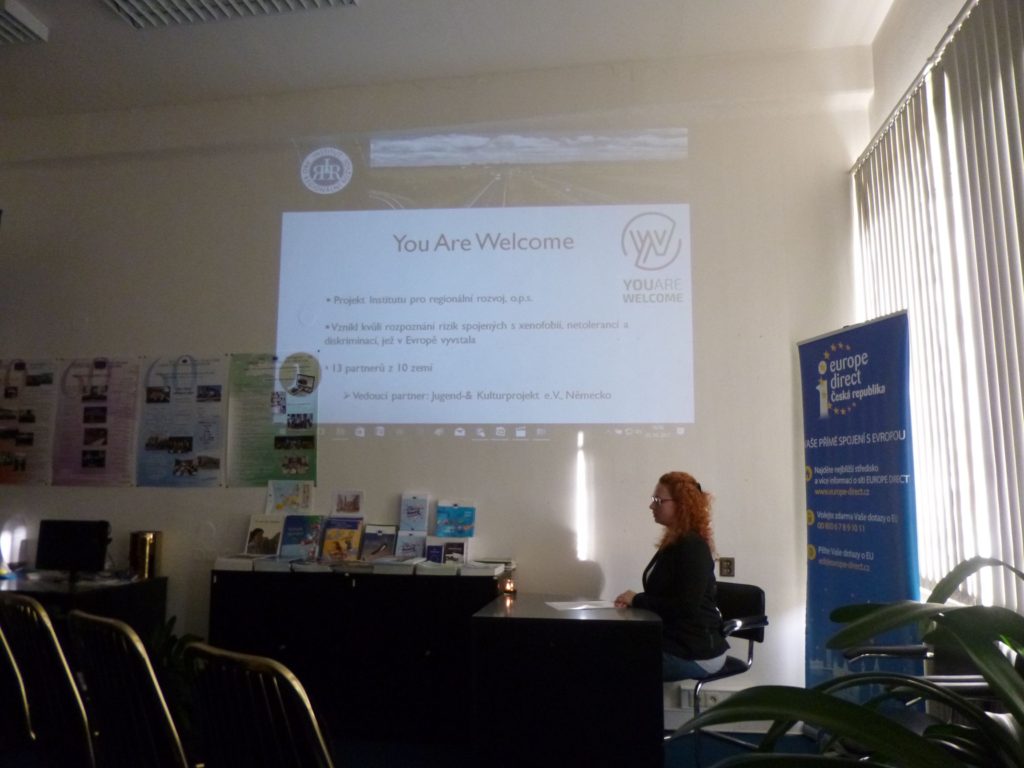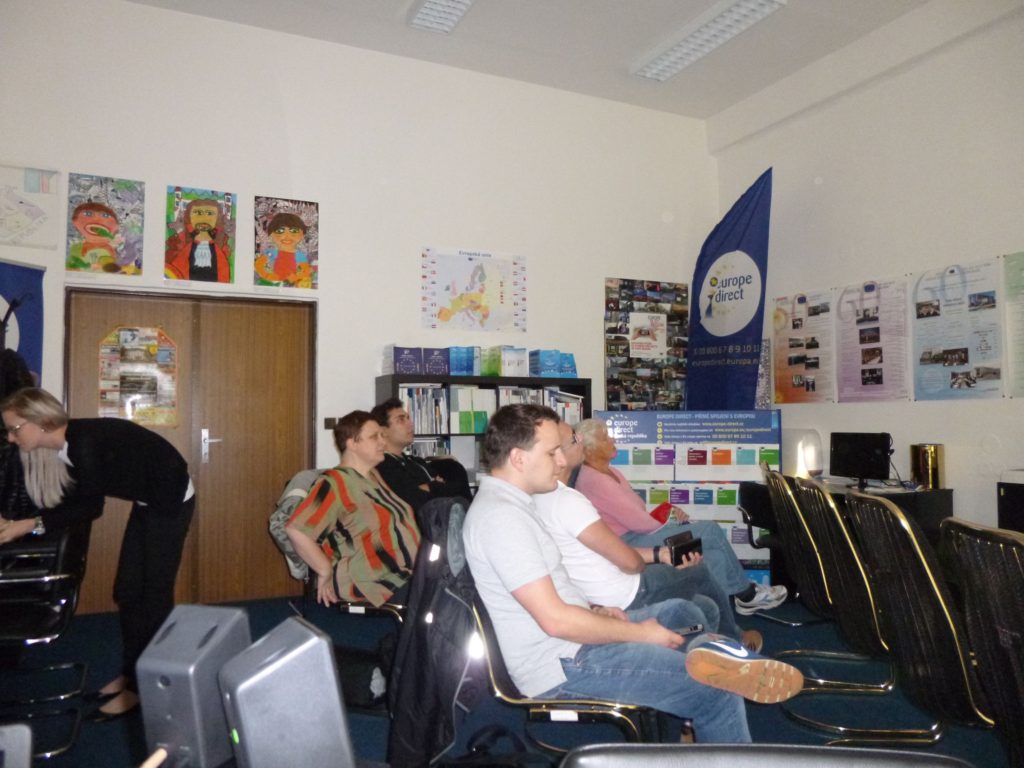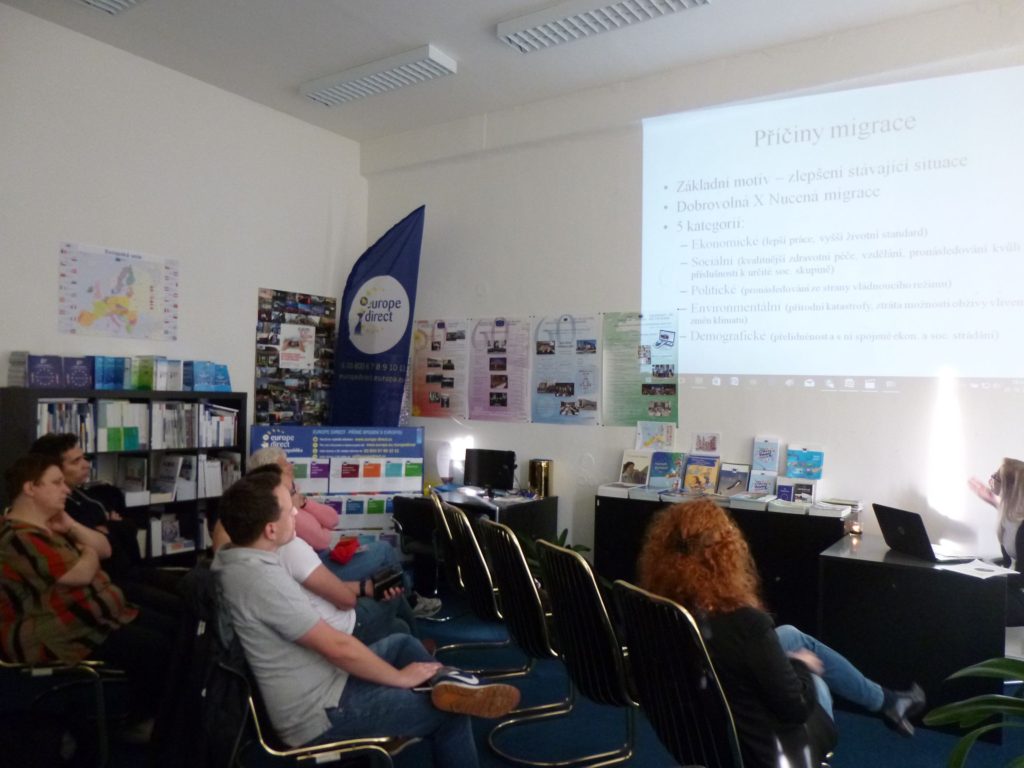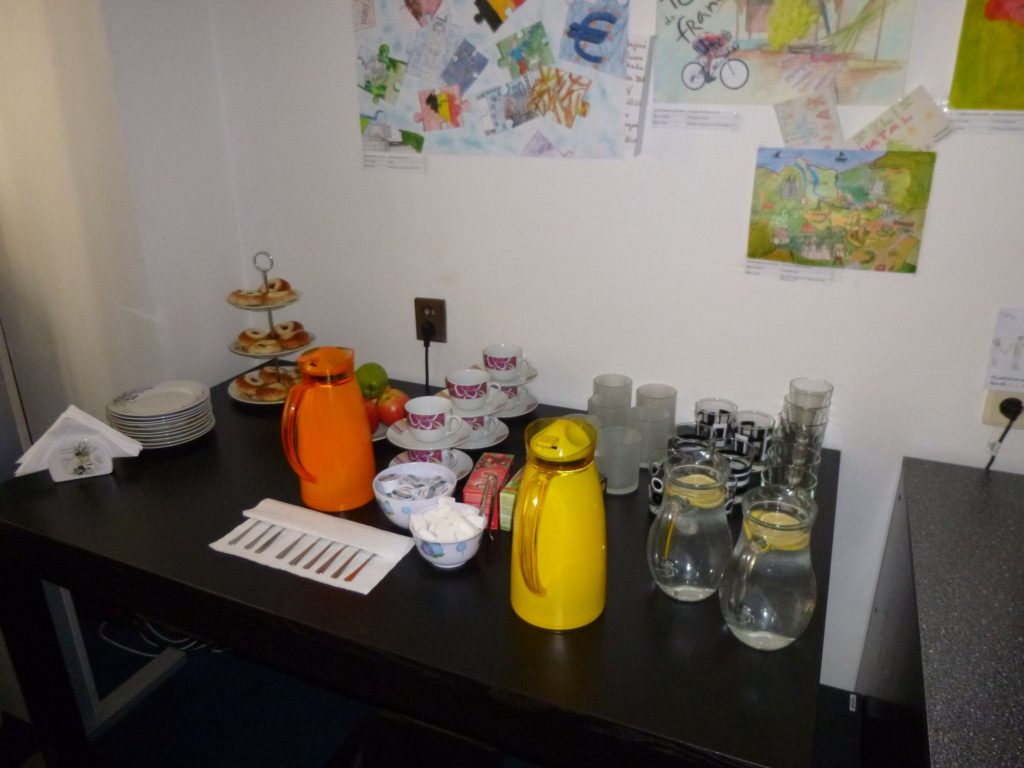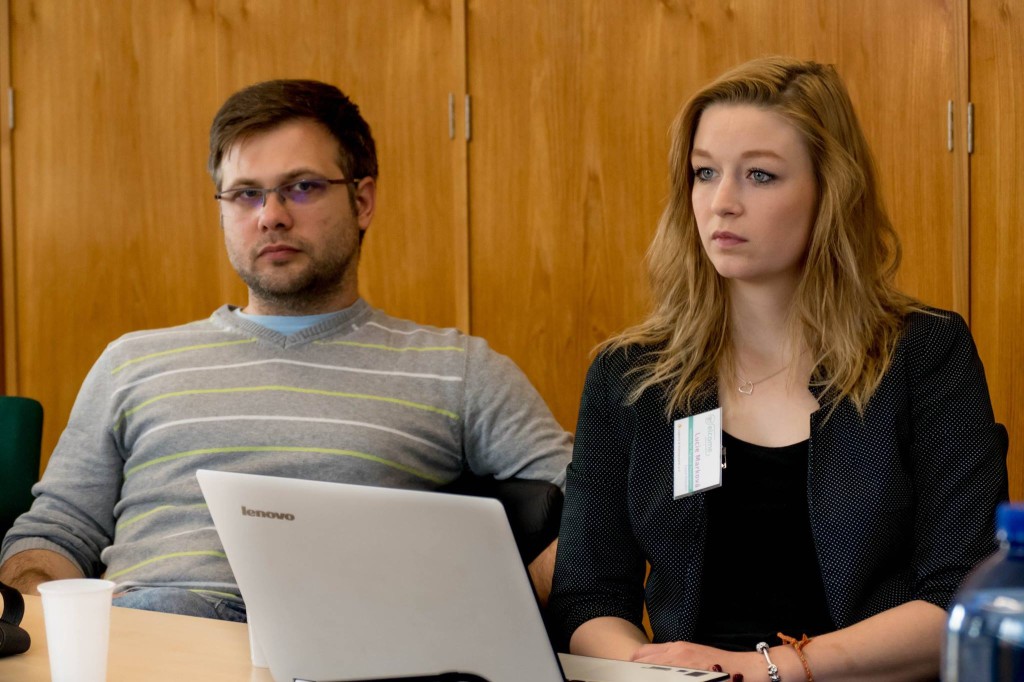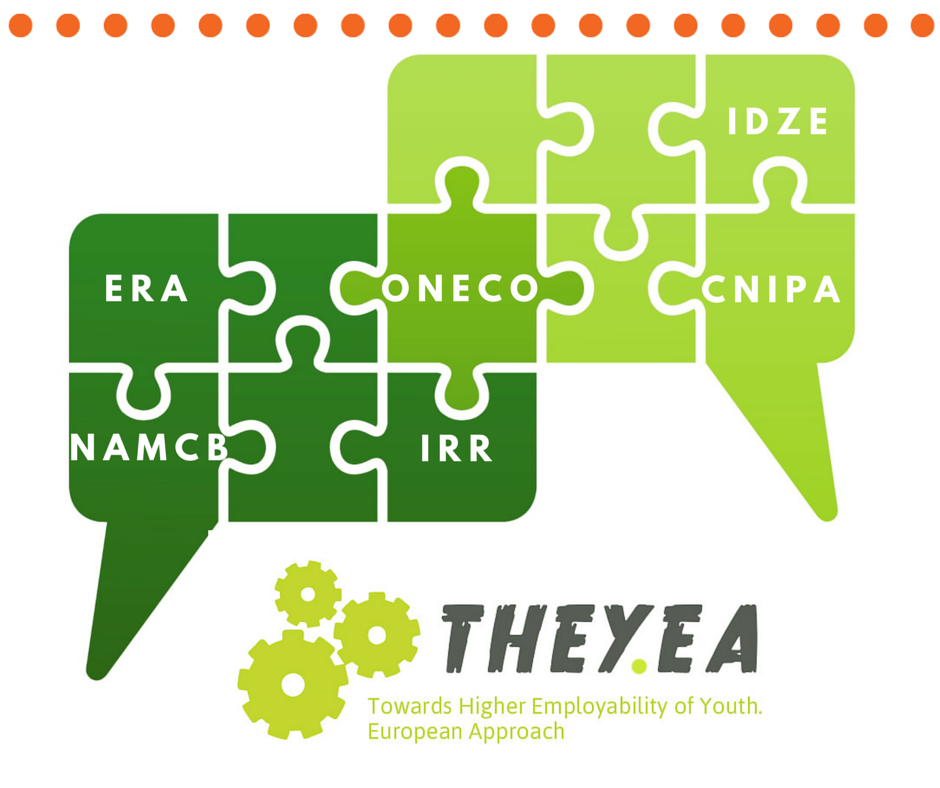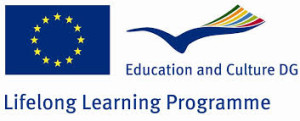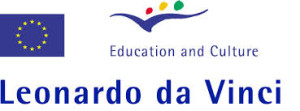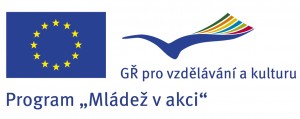The project “Digital pathways to motivate and engage young second-generation migrants in employment” is being implemented within the Erasmus+ programme with six European organisations. This project aims to create innovative educational content that will enhance the employability and competitiveness of unemployed second-generation young migrants in the labour market. The aim is to facilitate their successful integration into the local society and economy, which will benefit not only the individual but also the community as a whole.
The project partners have embarked on the development of a series of educational games that aim to make learning content accessible through gamification. The games are designed to be not only educational but also visually appealing and engaging, which increases motivation to learn. The games cover a wide range of topics from legal awareness to the skills needed for successful integration into the labour market. The reason for choosing gamification is its ability to engage and motivate users to learn in an active and fun way, which is particularly important for young people and people from marginalised groups.
To ensure the high quality of the educational games, a peer review process between the partners takes place. This step allows to gather feedback from different stakeholders and ensure that the resulting content is not only valuable, but also visually appealing and user-friendly. Peer review helps to identify any gaps in the content or the game itself, ensuring that the final products are as effective and engaging as possible for the target audience.
The project is now entering the phase of translating the game content into different languages, which will increase its availability and accessibility for young migrants in different European countries. This step is crucial to achieve the widest possible impact of the project. Pilot testing of the games is also planned in the near future to gather further feedback directly from users and to adapt the games to best meet the needs and expectations of second generation young migrants. This testing will be an important step towards the ultimate goal of the project – improving the employability and social inclusion of young migrants in Europe.

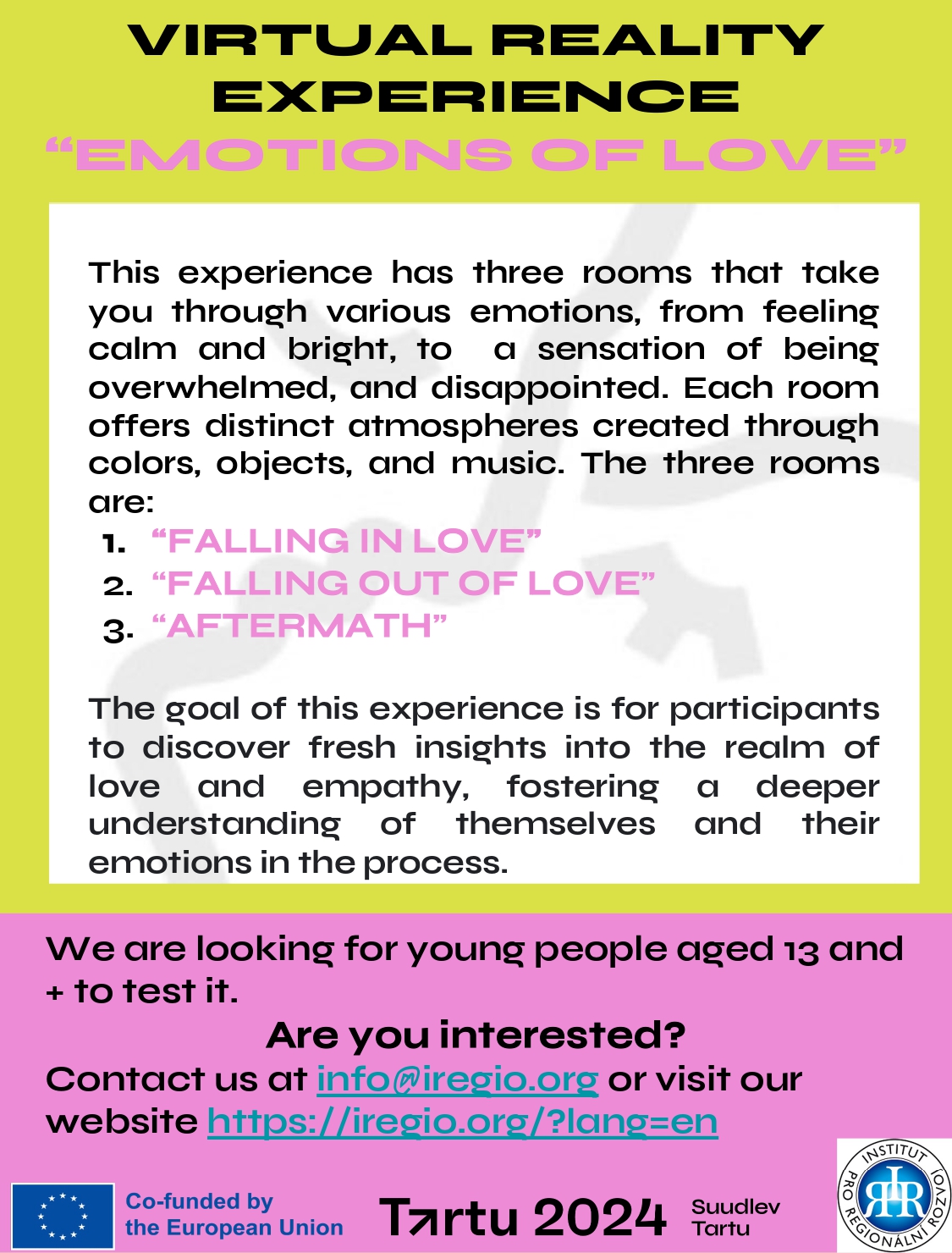




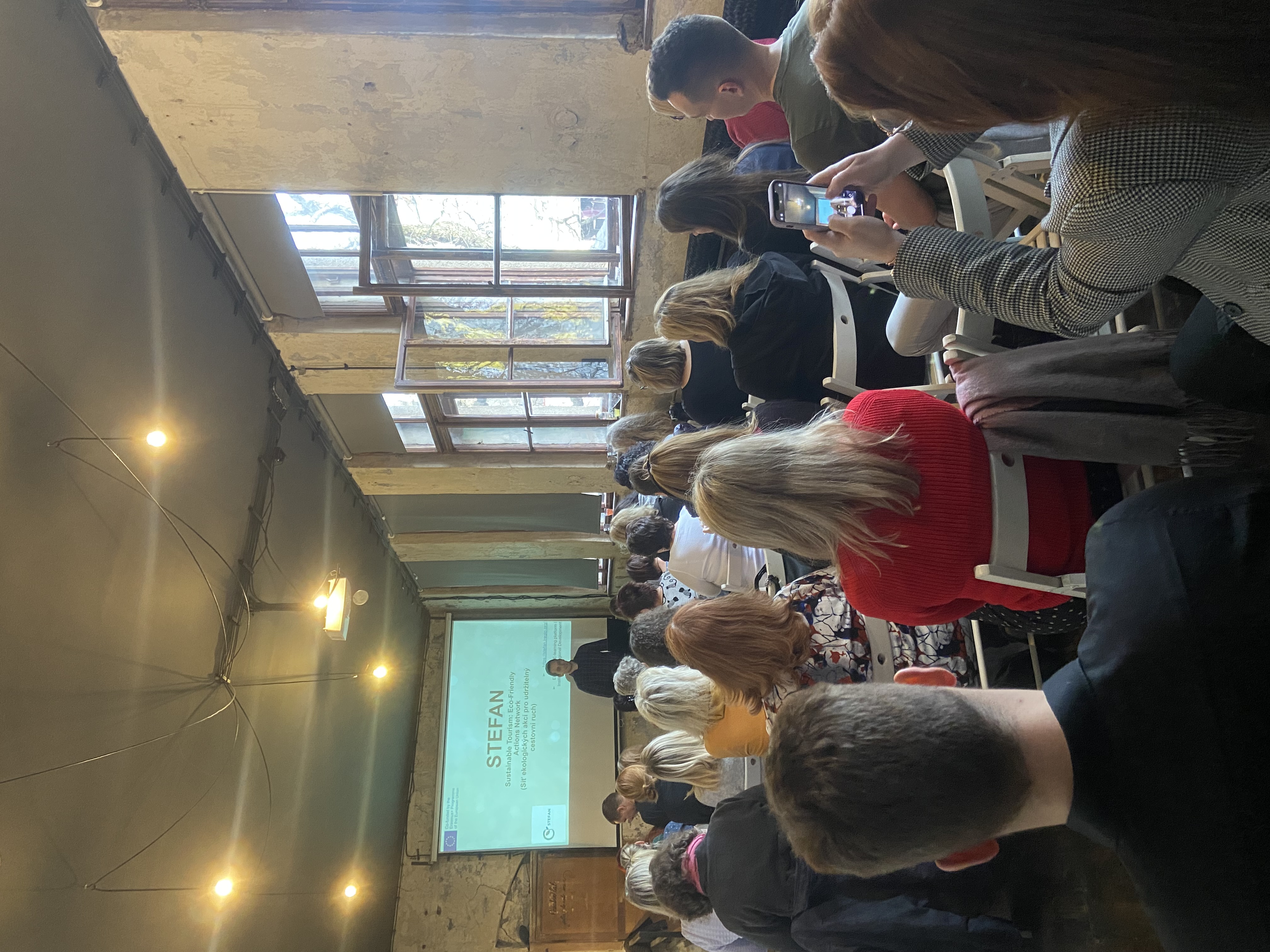



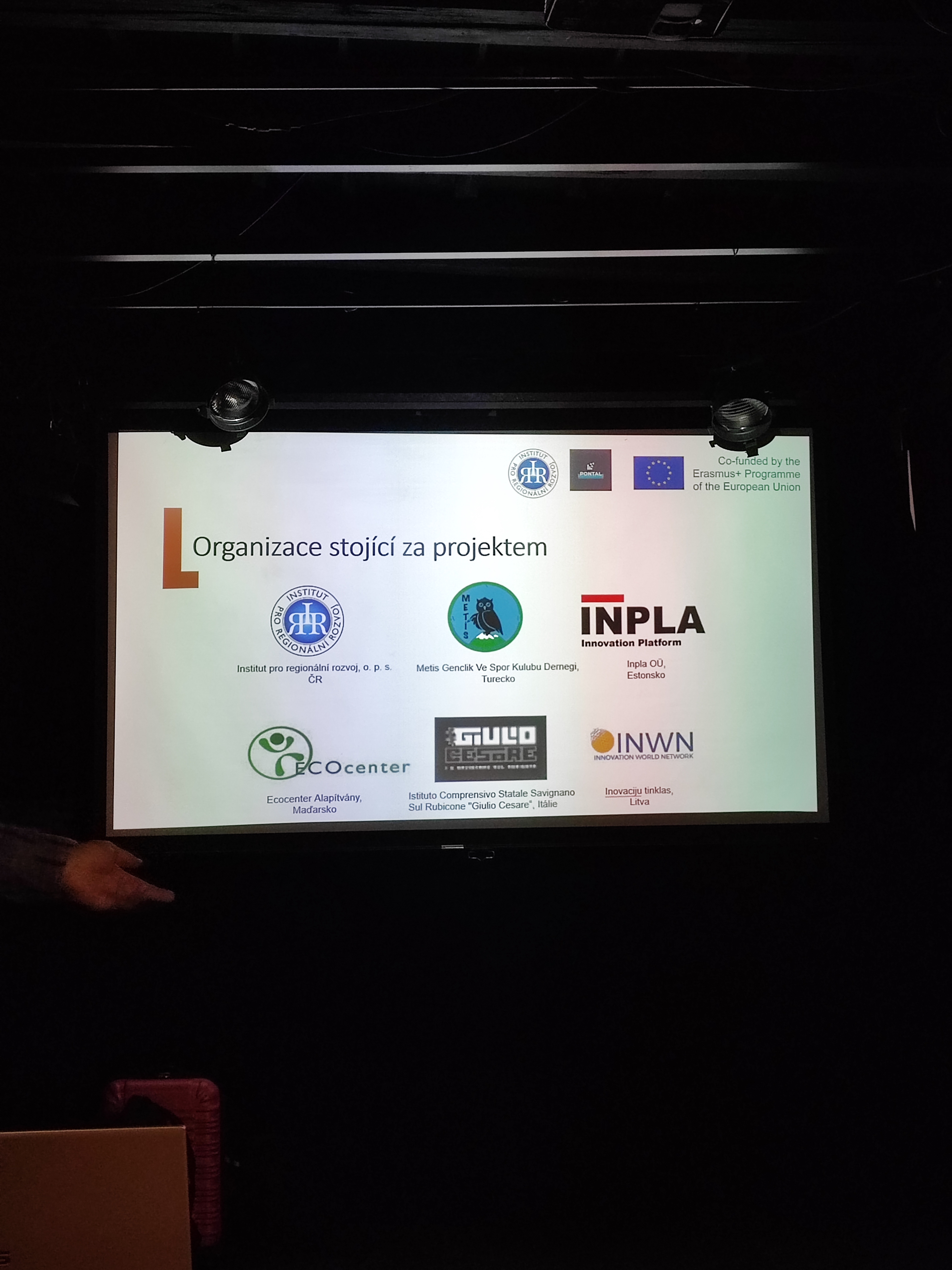





 Kick off meeting
Kick off meeting















